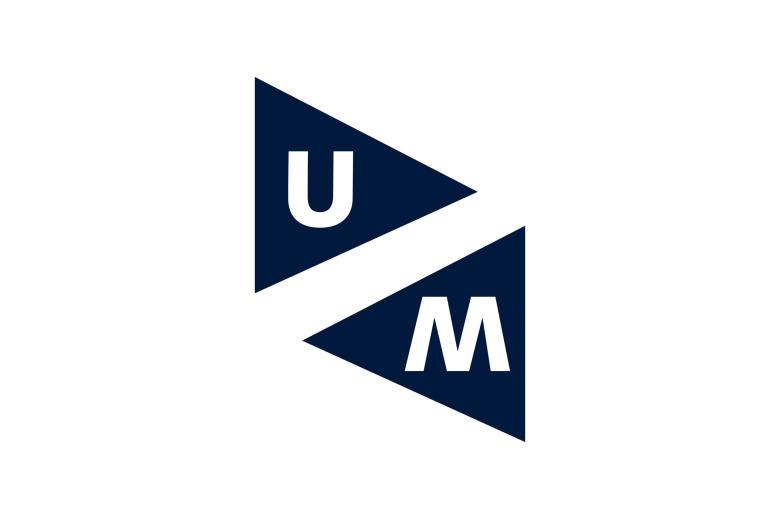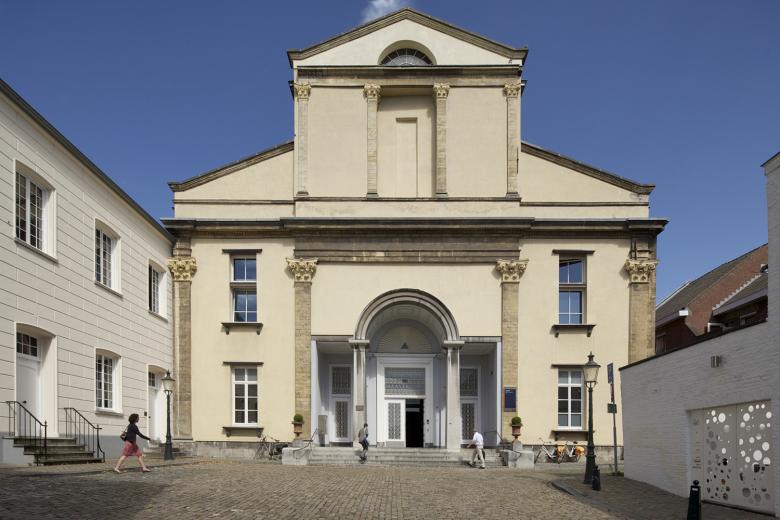Hans de Groene, new Maastricht University Supervisory Board member
The Minister of Education, Culture and Science has appointed Hans de Groene as member of the Maastricht University Supervisory Board from 1 January 2019. Hans de Groene succeeds Renk Roborgh, whose appointment will end on 31 December 2018.
To date, the majority of Hans de Groene’s career experience has been in the public sector. He has held various director’s positions at the Ministry of Economic Affairs, with a particular focus on (regional) economic and innovation policy. From 2004 to 2011, he held the position of Director of Innovation and Deputy Director General of Enterprise and Innovation. From 2011 until 2017, he was General Director of NWO (Netherlands Organisation for Scientific Research). Hans de Groene is currently Director at the Association of Dutch Water Companies (Vewin).
His experience in these functions and his additional diverse national and international roles have provided Hans de Groene with a wide-ranging knowledge of European research and innovation policy, which is valuable for UM; his membership of the Supervisory Board is a good replacement of Renk Roborgh, and will complement the expertise of the other Maastricht University Supervisory Board members. From 1 January 2019, the Supervisory Board consists of Annelies van der Pauw (chairperson), Jennifer Barnes, Marc Groenhuijsen, Koos van Haasteren and Hans de Groene.
Also read
-
Maastricht University ranked #3 worldwide and #1 in Europe in 2025 Better World MBA Ranking
We are incredibly proud to share that the MBA programmes of Maastricht University School of Business and Economics’ executive branches, MSM and UMIO, have once again been recognised among the very best sustainable business MBA programmes worldwide. In the 2025 Better World MBA Ranking by Corporate...

-

-
UM seeks new balance between the university and student associations
Maastricht University is suspending its relationship with student associations Tragos and Circumflex until further notice. Discussions with the boards of these associations have revealed that agreements outlined in the Code of Conduct have not been upheld. Experience from recent years shows that...
